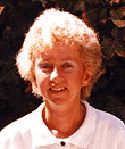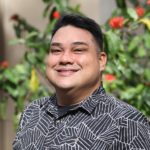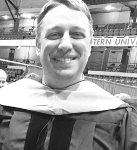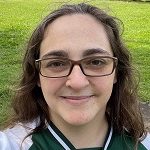Session Description
Nearly all of online instructional research focuses on students and teachers. Research from the perspective of administrators is virtually non-existent. Yet especially with the required migration of instruction to the virtual classroom due to the pandemic, effective leadership of online programs is even more crucial. The purpose of this study was to understand and explore administrative perceptions of leadership effectiveness in a higher education online instructional environment. Individual in-depth interviews were conducted with a former provost, one current college of education dean, and five current or former department chairs in the college of education of a four-year higher education institution. Results suggest specific recommendations in the areas of support of online faculty; ensuring adequacy of instructional design, library, and technology support; evaluation of online faculty performance; and supervising ongoing formative improvements in online learning. Maximizing leadership support of effective online instructional initiatives also maximizes the chances of successful student learning in the virtual environment.
Presenter(s)
 Mary Dereshiwsky
Mary Dereshiwsky
Northern Arizona University
Mary Dereshiwsky is a Full Professor of Educational Leadership and Research in the College of Education at Northern Arizona University in Flagstaff, Arizona. She has developed and teaches courses in educational research and statistics. She also enjoys serving on doctoral dissertation committees. Her research interests include designing effective online learning spaces for students and assessing student performance in online courses.
Michael Schwanenberger
Northern Arizona University
Laura Sujo-Montes
Northern Arizona University

 Teresita Perez
Teresita Perez James Perez Viernes
James Perez Viernes Satoru Shinagawa
Satoru Shinagawa Michael LaMagna
Michael LaMagna Heather Zeng, Ph.D.
Heather Zeng, Ph.D. Leanne Urasaki
Leanne Urasaki Emily Zappeto
Emily Zappeto Chareen Snelson
Chareen Snelson Vanessa Dennen
Vanessa Dennen Lauren Bagdy
Lauren Bagdy Yujin Park
Yujin Park Hajeen Choi
Hajeen Choi Ömer Arslan
Ömer Arslan Dan He
Dan He